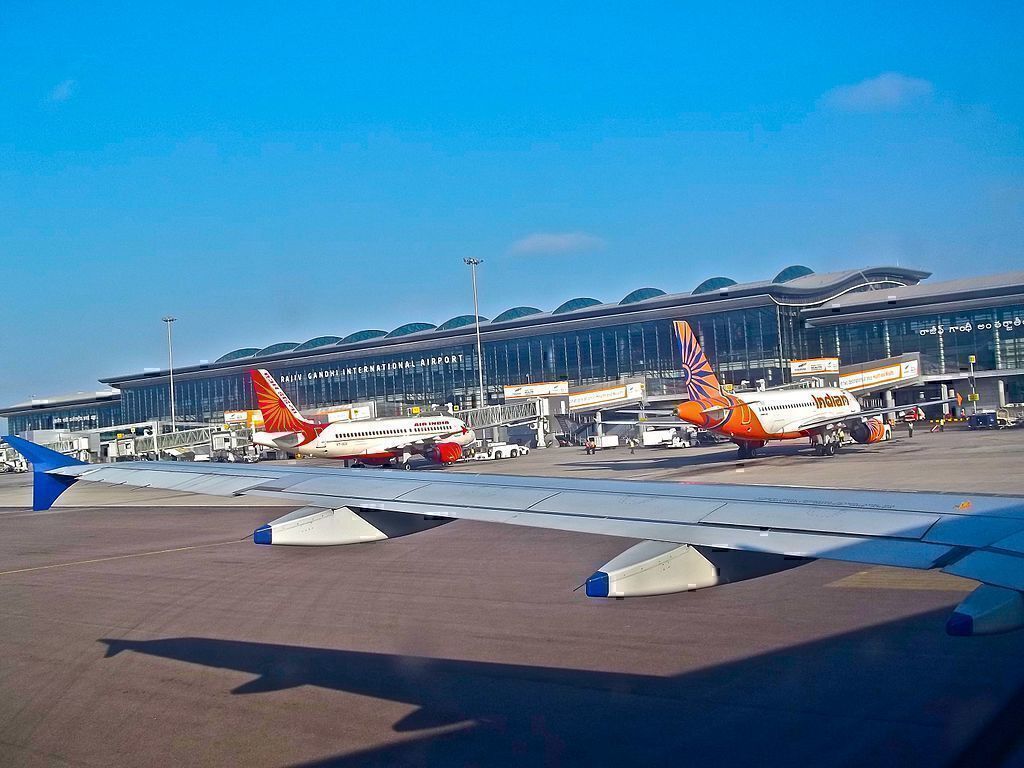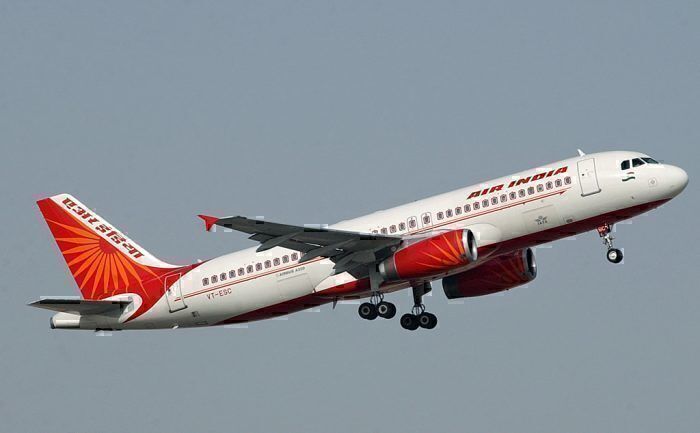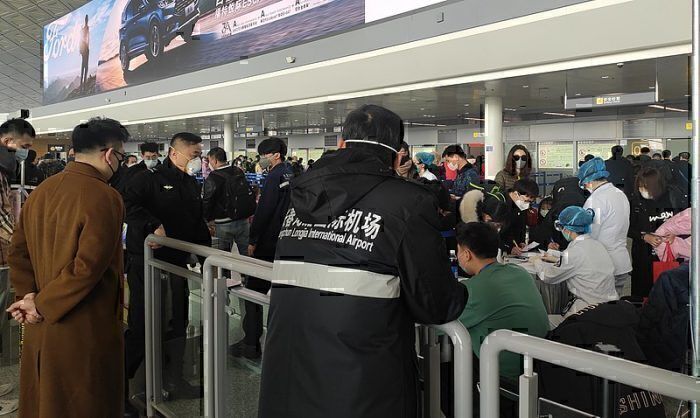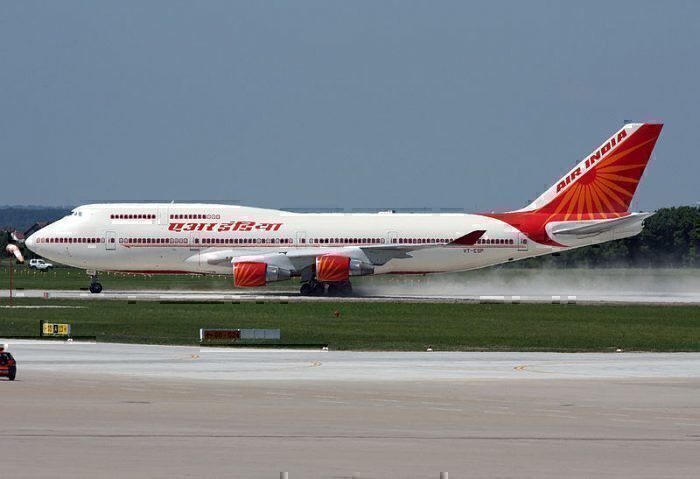India will start thermal screening of all incoming passengers from Thailand and Singapore as it ramps up its response to the coronavirus outbreak. Passengers from Hong Kong and China arriving in India are already being screened.The announcement was made by India’s Ministry of Civil Aviation yesterday via its Twitter account. This followed a directive from the Ministry of Health and Family Welfare.
India confirmed its second case of coronavirus yesterday involving a patient who had recently traveled to China.
A rapid rollout of thermal screening
Last week, India began screening thermal screening passengers arriving from Hong Kong and China. The screening began at seven airports but was soon rolled out to include 20 airports. By the end of last week, over 35,000 incoming passengers had been thermally screened.
Now the process will expand to cover incoming passengers from Thailand and Singapore.
Questions about the usefulness of thermal screening
While thermal screening is becoming a popular option around the world for detecting possible coronavirus cases, questions have been raised about its usefulness.
Dr Pasi Penttinen, an expert in infectious diseases at the European Center for Disease Prevention and Control told Euronews late last week;
"The effectiveness of entry screening in European airports is likely to be very, very minimal.
"There will be several cases that pass through this system because of the long incubation period of this disease, even with those measures in place. So it's a very ineffective way of trying to contain this disease.”
This view is backed by the London School of Hygiene and Tropical Medicine who estimates thermal screening at airports will pick up less than 1 in 5 infected passengers coming off a long-haul flight.
Their research found that only 9 out of every 100 infected passengers would be picked up at the airport. The key problem is that thermal screening only picks up passengers who are showing symptoms.
Far more effective is screening before boarding a flight. The London School of Hygiene and Tropical Medicine estimates this would pick up 49 out of 100 infected passengers.
Dr Penttinen favors quarantine as the most effective preventative tool. He said quarantine was one of the oldest tools in the communicable disease toolbox.
Straight to quarantine for some passengers
Quarantine is exactly what’s happening for passengers who have returned to India on one of the two Air India evacuation flights from Wuhan.
The first flight arrived in Delhi on Saturday, 1 February 2020. That flight carried 324 passengers. The second flight landed in Delhi yesterday carrying 323 passengers. The majority of the passengers were students. Onboard both flights were doctors and paramedical personnel.
While none of the evacuated passengers was showing symptoms of coronavirus, all were admitted into quarantine facilities.
The two flights went ahead after a series of mixed messages about them last week.
India's aviation industry steps up to respond
There has been some questioning of India’s response to the coronavirus outbreak. Attention is being drawn to the state of the public health system and its hospitals. The Indian government was also heavily criticized for suggesting homeopathy for coronavirus prevention.
But the Indian aviation sector has been as prompt in its response as any other nation. India’s airlines were canceling flights in and out of China last week – ahead of many other airlines. Despite questions about its efficacy, India’s airports were early adopters of thermal screening. It should also be noted that thermal screening is standard practice in many countries.
As the spread of coronavirus picks up pace, Thailand and Singapore might just be the first of many countries Indian authorities put on their watch lists for special attention.




